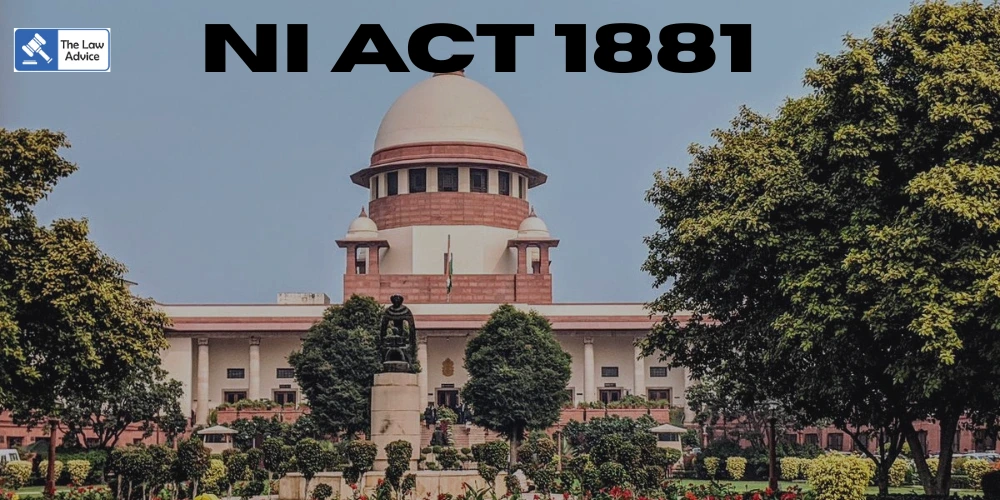In a landmark ruling delivered on September 25, the Supreme Court held that persons convicted under Section 138 of the Negotiable Instruments Act, 1881 (NI Act)—commonly known as cheque dishonour cases—are entitled to the benefit of the Probation of Offenders Act, 1958.
The Bench comprising Justices Manmohan and NV Anjaria clarified that while cheque dishonour is a criminal offence, it largely stems from commercial transactions, financial distress, or temporary setbacks, and thus requires a rehabilitative approach rather than strict punishment.
The Court reiterated that parties to a cheque bounce dispute can always mutually settle their differences, making the offence compoundable under Section 147 of the NI Act. However, in cases where the complainant demands more than the cheque amount—such as the full repayment of a loan or other dues—the Court suggested a different course:
• If the accused is willing to pay the cheque amount in line with guidelines, the Magistrate may encourage the parties to opt for compounding.
• If the complainant insists on additional payments, the Magistrate may advise the accused to plead guilty. In such situations, the court has the discretion to use powers under Section 255(2) and 255(3) of the Cr.P.C. or Section 278 of the Bharatiya Nagarik Suraksha Sanhita, 2023 (BNSS) to impose a sentence, while simultaneously extending the benefit of probation.
Justice Manmohan, authoring the judgment, observed:
“Not only can a voluntary compromise bring Section 138 proceedings to an end, but the accused is also entitled to the benefit of the Probation of Offenders Act, 1958.”
Overruling Kerala High Court Precedent
Importantly, this judgment overruled the Kerala High Court’s 2009 ruling in M.V. Nalinakshan v. M. Rameshan, where it was held that probation could not be extended to offenders under Section 138 NI Act. By doing so, the Supreme Court has resolved a long-standing judicial conflict and set a uniform precedent across India.
The Court underscored that denying probation in cheque dishonour cases would be inconsistent with the spirit of reformative justice. Since such cases are often linked to business failures, financial hardships, or strained cash flows, punishing the offender with imprisonment alone would not serve the ends of justice. Instead, allowing probation ensures that the accused is rehabilitated while still making good on the cheque amount, thereby protecting the complainant’s interests.
Case Details
• Case Title: Sanjabij Tari v. Kishore S. Borcar & Anr
• Date of Judgment: September 25, 2025
• Bench: Justices Manmohan and NV Anjaria
• Key Holding: Section 138 NI Act offenders can claim the benefit of the Probation of Offenders Act, 1958.
